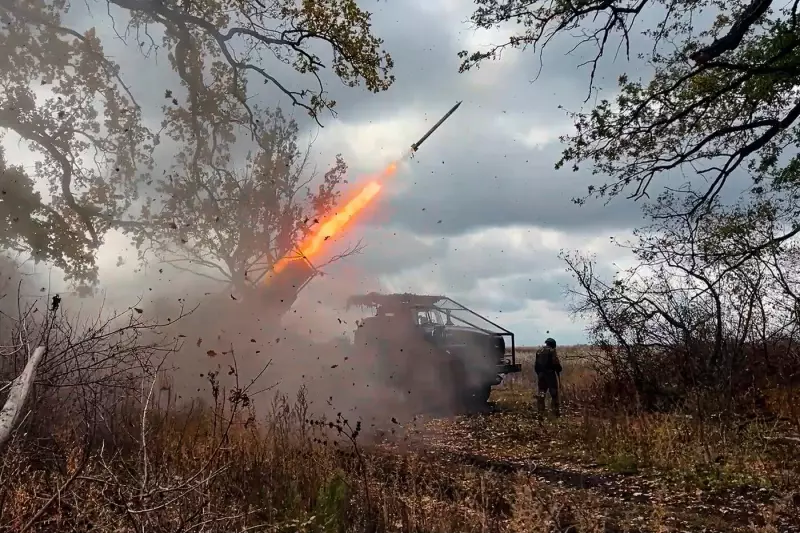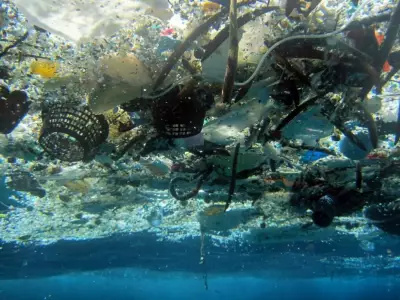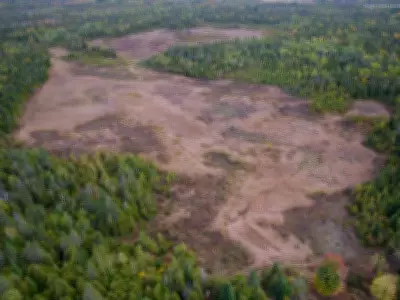
In a devastating escalation of attacks on civilian infrastructure, Russian forces have unleashed another wave of missile strikes targeting Ukraine's already battered power grid, resulting in the deaths of two people in the Odesa region.
Systematic Destruction of Critical Infrastructure
The latest assault represents a continuation of Russia's calculated campaign to weaponize winter against the Ukrainian population. Energy facilities across multiple regions came under fire, with the southern port city of Odesa suffering particularly severe damage.
Local authorities confirmed that the attacks destroyed key energy installations, leaving entire districts without electricity during some of the coldest months of the year. Emergency crews worked through dangerous conditions to assess damage and begin restoration efforts.
Humanitarian Crisis Deepens
These targeted strikes on power generation and distribution systems have created what humanitarian organizations describe as a catastrophic situation for millions of civilians. The timing couldn't be more dire, with temperatures dropping below freezing across much of Ukraine.
Critical services including hospitals, water pumping stations, and heating systems now operate on backup generators, many of which are running low on fuel. The attacks have effectively turned basic survival into a daily struggle for ordinary Ukrainians.
International Condemnation Grows
World leaders have condemned the systematic targeting of energy infrastructure as a violation of international humanitarian law. The deliberate destruction of systems essential for civilian survival during winter months has drawn comparisons to medieval siege tactics.
Despite mounting international pressure, Moscow shows no signs of relenting in its strategy to break Ukrainian morale through deprivation of heat, light, and running water.
Regional Impact and Response
The Odesa region, a crucial Black Sea gateway for Ukrainian exports, has faced repeated attacks since Russia invaded in February 2022. Each assault on energy facilities further complicates recovery efforts and humanitarian aid distribution.
Local officials emphasize that restoration work proceeds under constant threat of renewed attacks, creating a dangerous cycle of destruction and temporary repairs that leaves the civilian population in perpetual uncertainty.





